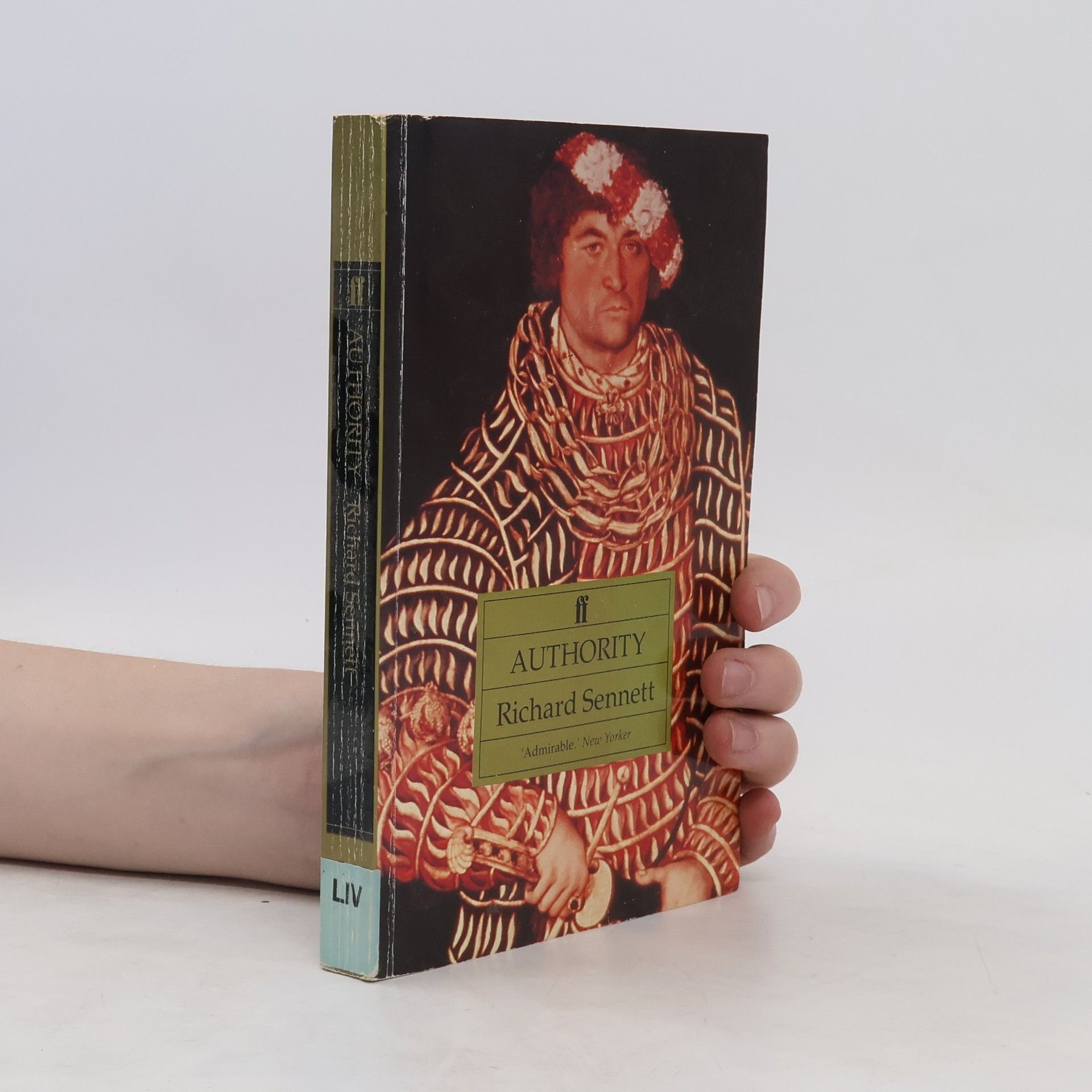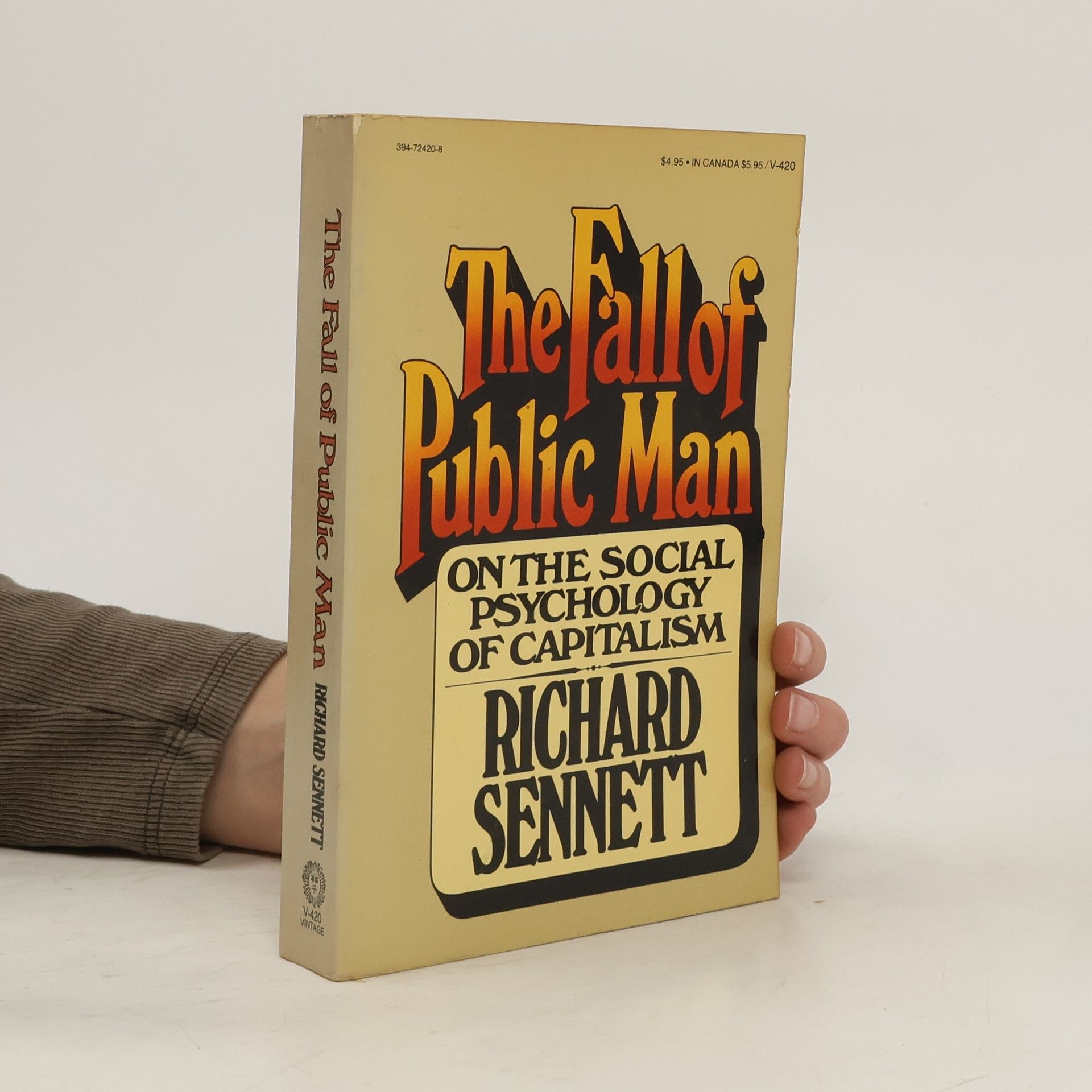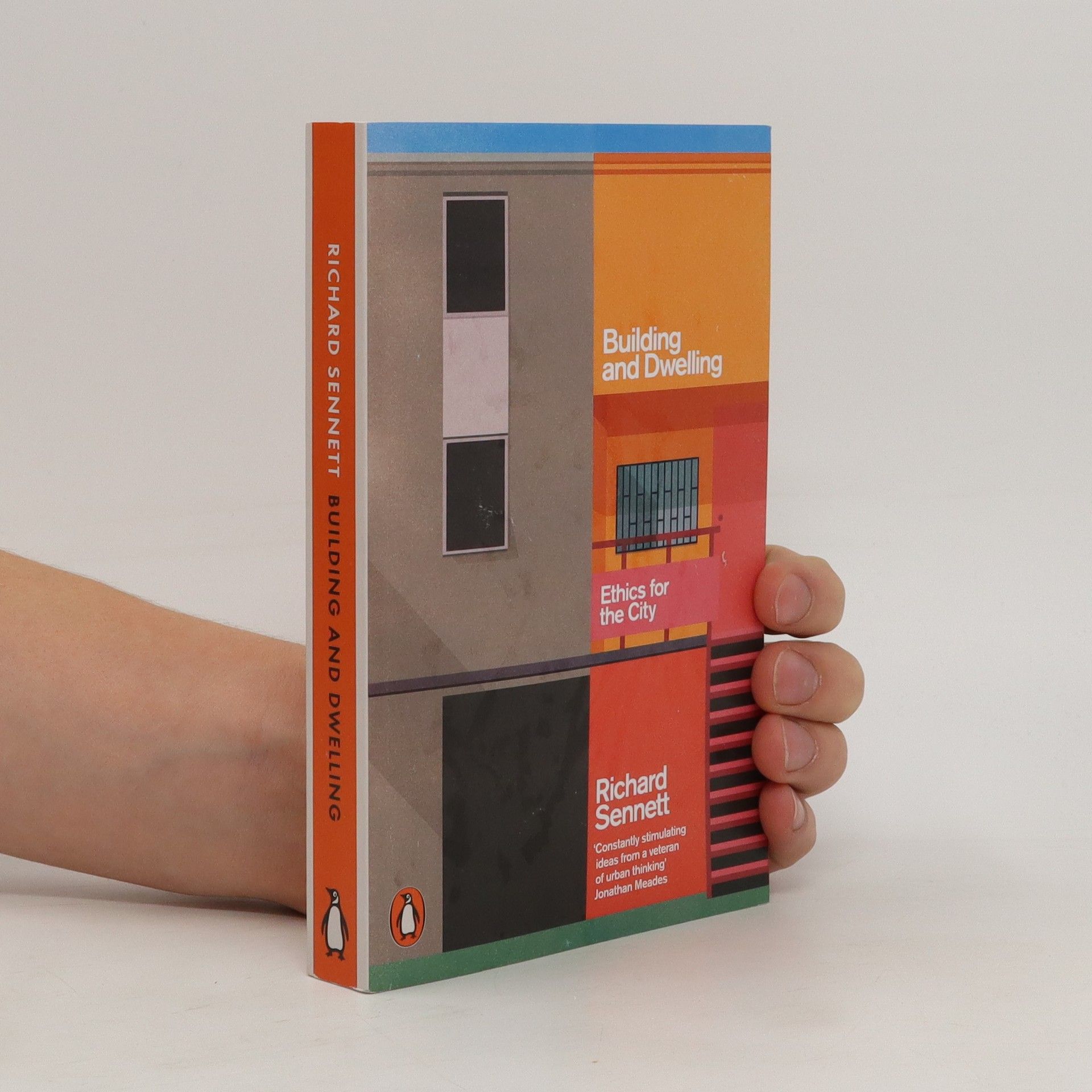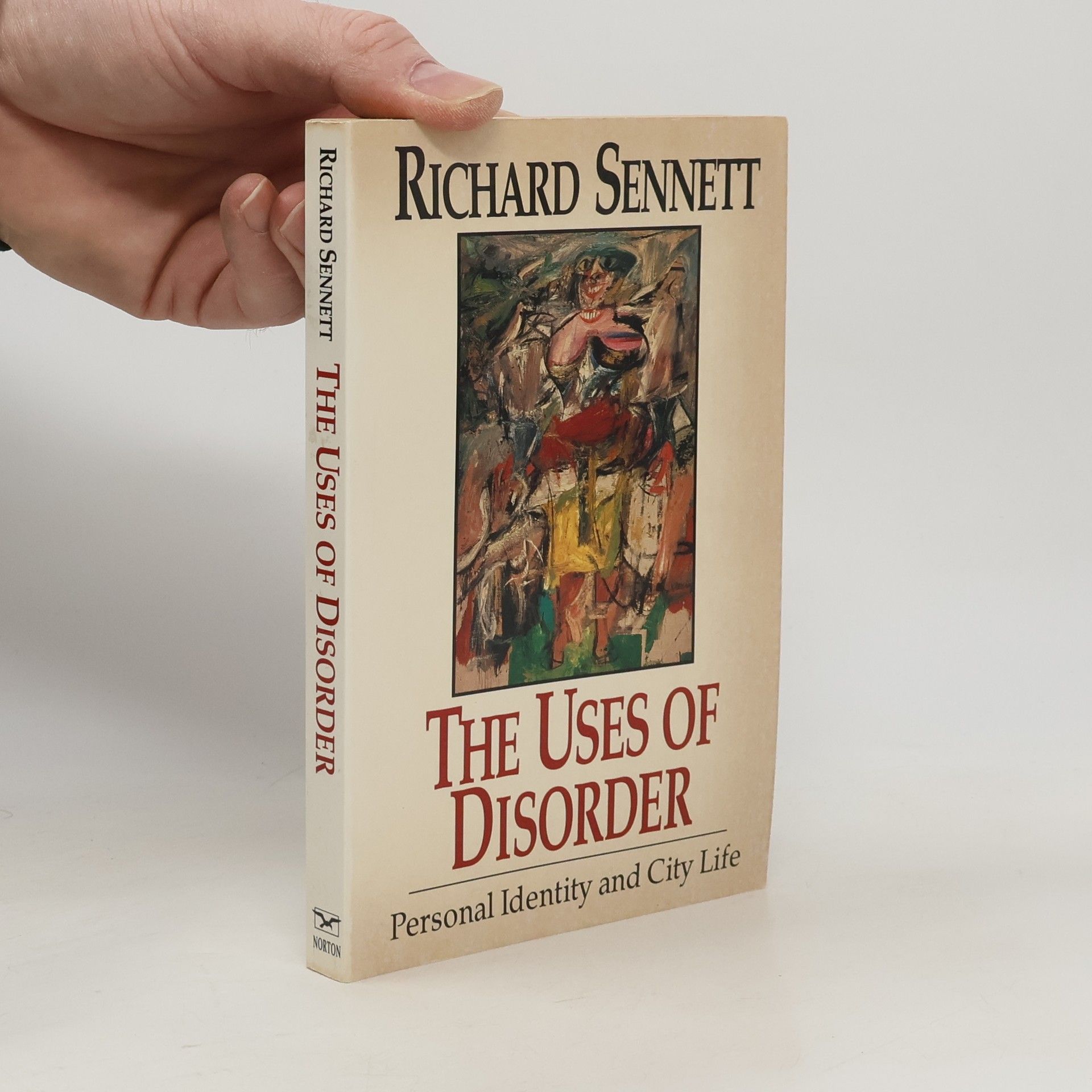Korózia charakteru
- 216 stránok
- 8 hodin čítania
Práca Korózia charakteru amerického sociológa Richarda Sennetta predstavuje jednu zo zásadných sociologických diagnóz konca 20. storočia. Autor v knihe skúma zmenu paradigmy postojov k práci počas posledných dvoch generácií. Hoci bola napísaná pred vyše dvadsiatimi rokmi, zmeny, ku ktorým svojho času došlo v americkom prostredí, sa postupom času stali globálnymi. Na knihe je zaujímavé, že spája originálne vedecké rozbory s pútavými reportážnymi a esejistickými pasážami. Autor konštatuje, že prechodom od chápania práce ako celoživotného projektu k práci ako epizodickému dobrodružstvu neustále spojenému s rizikom sa v spoločnosti stráca pevný referenčný rámec, vďaka ktorému bol človek schopný vytvoriť si zmysluplný motív svojho života. Tak sa formuje mentalita ustavičného provizória, znemožňujúca vytvorenie pevného charakteru a identity, na ktorých by bolo možné skonštruovať osobnú biografiu. Dôsledkom je podľa Sennetta odmietanie všetkého stáleho, odmietanie autority a zodpovednosti a vytvorenie nového charakterového typu človeka ironického.






